In a report to clients, analyst Mike Abramsky said he's uncomfortable with Apple chief executive Steve Jobs' unexpected leave of absence, which raises questions about near term leadership, as the company has failed to articulate a clear succession plan.
"Jobs is widely viewed as Apple's chief innovator, dealmaker, leader, deeply involved in minute decisions, inextricably tied to Apple's brand," he wrote. "Jobs' being sidelined for 6 months or more and unavailable day-to-day — with no clear successor — in our view raises risks to Apple's sustaining its stellar record of innovation going forward."
Abramsky also cited data from his firm's proprietary Changewave survey released thursday, which indicates further deterioration in consumer electronics spending over the next 90 days. More specifically, it showed that only 28% of respondents are planning to purchase a Mac notebook in the next three months, down from 33% in November, and just 30% planned to buy iPhone 3G this past December, down from 34% in September.
Mac (left) and iPhone (right) buying intentions over the next 90 days.
"Beyond near-term issues (lowered EPS estimates, deterioration in consumer spending and the leadership void) and pending evidence to the contrary, we believe it is prudent to adopt a more conservative approach to the target valuation multiple," he advised clients. "Including a 'Steve Jobs' premium and cash ($27.07 per share), Apple had been trading at 17x, but could correct towards the market (Nasdaq at 13x, PC/wireless peers at 10-12x)."
Shares of Apple were trading down $2.287 (or 2.74%) to $81.093 on the Nasdaq stock market.
 Sam Oliver
Sam Oliver


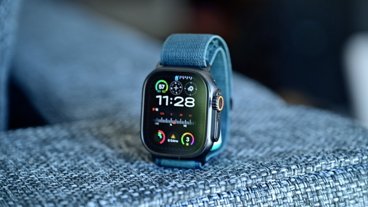
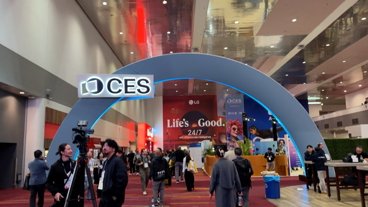
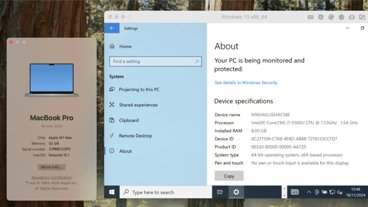
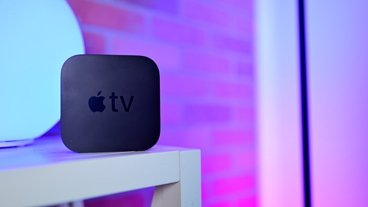
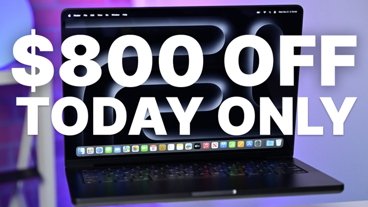

 William Gallagher
William Gallagher
 Chip Loder
Chip Loder
 Wesley Hilliard
Wesley Hilliard
 Marko Zivkovic
Marko Zivkovic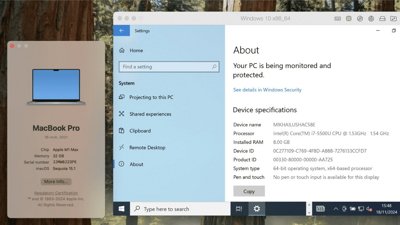
 Malcolm Owen
Malcolm Owen
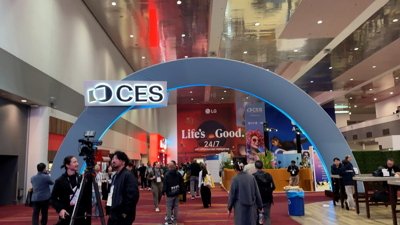
 Andrew O'Hara
Andrew O'Hara
 Christine McKee
Christine McKee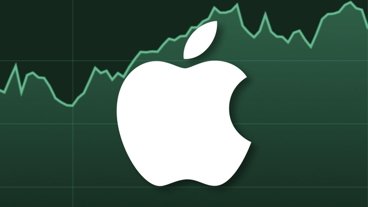
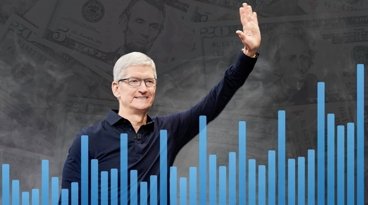
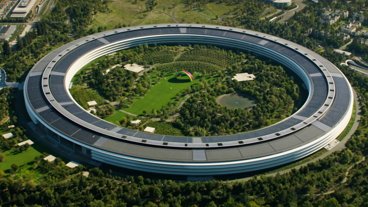






55 Comments
I will close my account at RBC today. Morons.
I will close my account at RBC today. Morons.
I smell an analyst who is trying to make a killing by selling short. The opposite of "pump and dump" is "hump and dump."
I smell an analyst who is trying to make a killing by selling short. The opposite of "pump and dump" is "hump and dump."
I agree.
In a report to clients, analyst Mike Abramsky said he's uncomfortable with Apple chief executive Steve Jobs' unexpected leave of absence, which raises questions about near term leadership, as the company has failed to articulate a clear succession plan.
"Jobs is widely viewed as Apple's chief innovator, dealmaker, leader, deeply involved in minute decisions, inextricably tied to Apple's brand," he wrote. "Jobs' being sidelined for 6 months or more and unavailable day-to-day -- with no clear successor -- in our view raises risks to Apple's sustaining its stellar record of innovation going forward."
There are many reasons for the shares of Apple to be downgraded to a price target of $70. Here are a few reasons:1- There are no reasons, absolutely no reasons, for Apple to carry a higher valuation or higher multiple for its shares than competing companies listed on the NASDQ Stock Exchange;
2- Appple's growth is slowing down as evidenced by unofficial sales numbers for Macs and iPhones over the last 2 months;
3- Steve Jobs was last seen in public in October 2008 which seems to correlate with no new product launches since October 2008, except for the 17 inch MacBook Pro launched at MacWorld 2009;
4- The product portfolio of Apple carries outdated, one year old, technology, as evidenced by the absence of quad-core Penryn or quad-core Core i7 desktop processors in both the iMac and the MacMini, and the failure to update the iMac and MacMini with new nVidia graphic chipsets;
5- Apple doesn't sell a business desktop computer and, since it switched over to Intel, doesn't have a desktop consumer or family iMac with a desktop microprocessor, opting instead to use a lower powered, mobile dual-core microprocessor for the iMac which developped into an anorexic thin computer for no reason at all;
6- The AppleTV is still a joke instead of the home media server it should be, whereas HP has just launched a Mac compatible home media server for homes with extensive media collections and multiple computers;
7- iTunes is still limited to a store front, playing only what was bought on the iTunes store, especially the low quality 128 kbps .m4a music tracks sold through the iTunes store, whereas buyers can get unprotected 320 kbps music tracks everywhere else on the internet;
8- iTunes cannot be used to play high quality lossless audio formats like .flac, .ape and .wv because iTunes is not the general purpose media player it should be;
9- Apple doesn't have a public hardware product roadmap for Mac and iPhone upgrades, only a secret one, which prevents companies and IT departments from getting budget approvals for buying new Macs;
10- Apple insists on making a fat 35% profit margin on its hardware sales while its competitors reduced their profit margins from 18% to a slim 9% like Dell to increase their market share and make more money from selling more computers;
11- Apple doesn't use the latest technology in its computers or iPhones, yet demands prices that are $300 to $500 higher than its competitors which offer the latest technology like quad-core CPUs;
12- While Tim Cook is a solid choice to replace Steve Jobs, Steve Jobs hangs on to his CEO title (and salary, stock options and other perks), while he could limit his role to President of the Board of directors, making for a clear transfer of powers and leadership;
13- Unlike actor Patrick Swayze who made public his battle against pancreas cancer through a Barbara Walters TV interview, 53 year old Steve Jobs has shrouded in secrecy his own condition and been less than candid at every turn so that there is no confidence that he will ever resume his CEO and President functions at Apple;
14- The numbing silence of the Apple Board of directors is an indication of how serious the health condition of CEO Steve Jobs is, for otherwise the Board would have provided investors with regular updates on Steve Jobs' health without fear of class action lawsuits for misleading investors;
15- While Tim Cook is a solid choice to replace Steve Jobs, he would appear to be too much like Steve Jobs, insisting on 35% profit margins while blocking the use of the latest technology in Apple computers and iPhones as a cost saving, and profit increasing, measure.
16- Apple was considered to be a speculative stock by hedge fund managers who bought hundreds of millions of shares and counted on continued double digit 35% returns based on higher than average selling prices for Macs and iPhones and higher than average sales growth from quarter to quarter, two conditions that Apple can no longer meet in a recession where higher priced Macs stay on store shelves.The Intel Core i7 quad-core desktop microprocessor was officially introduced on November 17, 2008. See:
Intel unleashes Core i7, beats itself @ http://www.tgdaily.com/content/view/40213/135/
Core i7 PCs launch with prices from $1250 to $13,000 @ http://www.tgdaily.com/content/view/40227/135/The Core 2 Quad Q6600 65 nm desktop CPU has been available for $266 since November 2007, and $224 since April 20, 2008. See:
- Intel to cut 65 nm quad-core processor prices for 45 nm @ http://www.tgdaily.com/content/view/36136/139/
- Intel drops second quad-core CPU into the mainstream @ http://www.tgdaily.com/content/view/37038/135/
- Have quad-core processors arrived in the mainstream? @ http://www.tgdaily.com/content/view/36548/135/
- Intel adds cheap dual-core, quad-core @ http://www.tgdaily.com/content/view/39135/135/
Shares of Apple were trading down $2.287 (or 2.74%) to $81.093 on the Nasdaq stock market.
RBC is my bank, the largest in Canada and, in most respects, a no nonsense bank. No flimsy evaluations where Apple stock has a target price of $235, $240 or $250 within the next 12 months.
At long last, stock analysts who analyse.